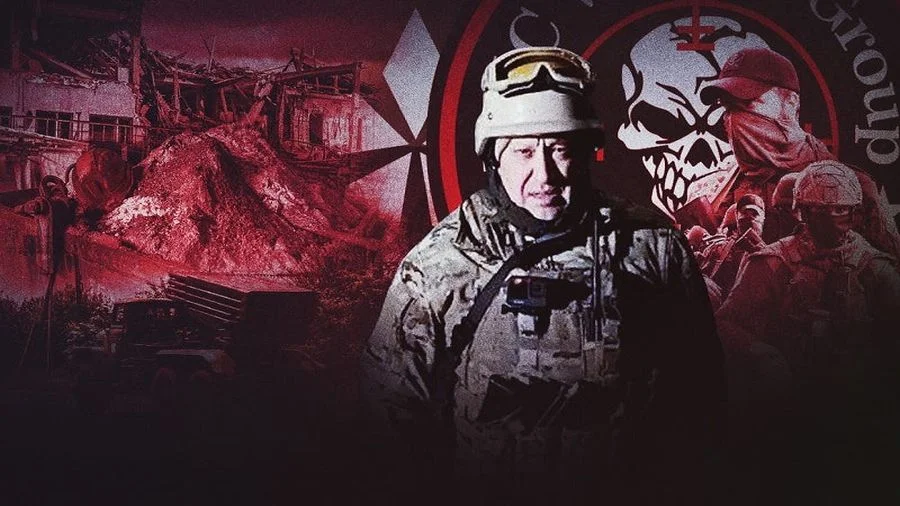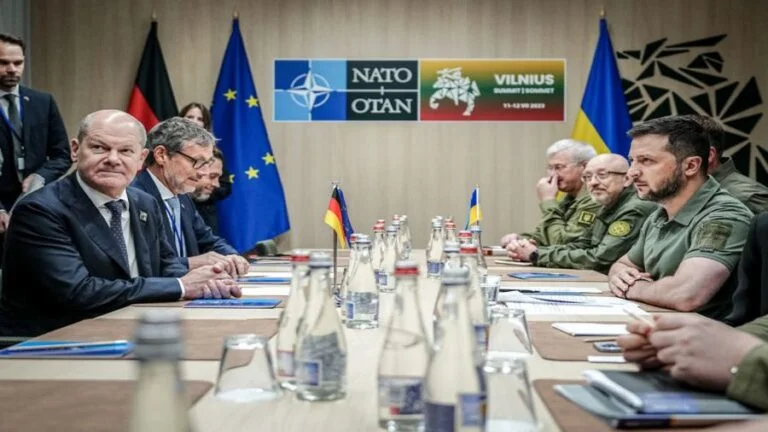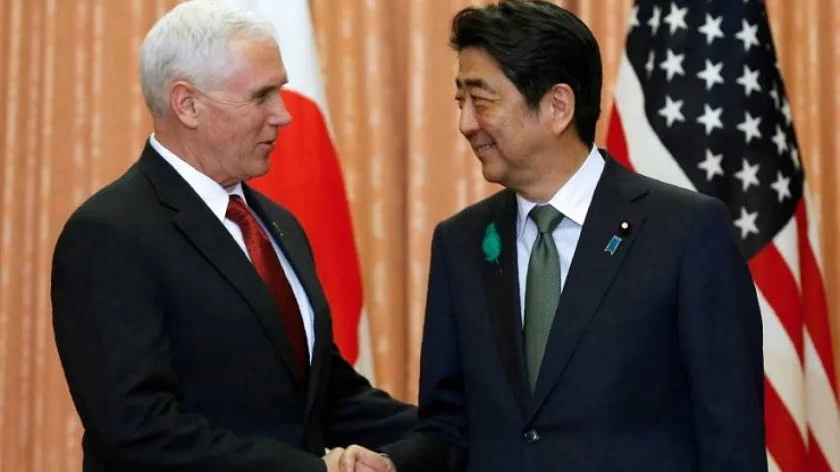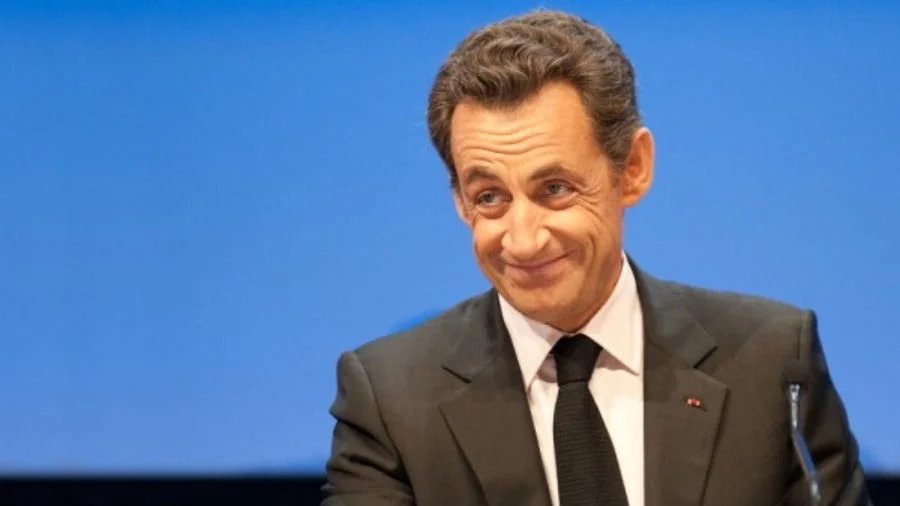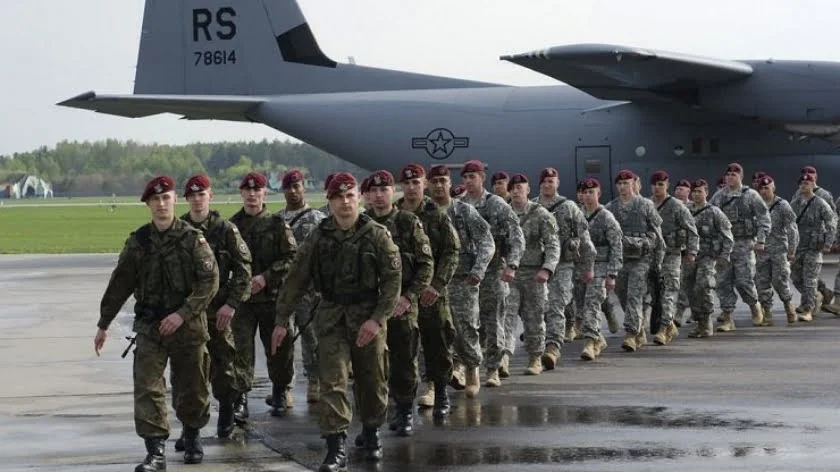Five Reasons Why Soledar’s Liberation Is So Significant
This development represents the first major on-the-ground victory for Moscow’s special operation since the series of setbacks last year in Kharkov and Kherson Regions. For that reason, it’s expected to dominate news coverage over the weekend, though it’s unclear how many outlets will highlight the following points.
The Russian Ministry of Defense officially confirmed on Friday that the Ukrainian-occupied town of Soledar in Russia’s newly reunified Donbass region was liberated the evening prior. This development represents the first major on-the-ground victory for Moscow’s special operation since the series of setbacks last year in Kharkov and Kherson Regions. For that reason, it’s expected to dominate news coverage over the weekend, though it’s unclear how many outlets will highlight the following points:
———-
1. Kiev’s Lies Were Exposed In A Single Blow
Kiev had hitherto claimed that Russia was wasting precious resources fighting an unwinnable battle over an insignificant town just for the sake of preserving President Putin’s ego, yet that panoply of lies was just exposed in a single blow. Whatever problems plague its opponent’s special operation aren’t capable of preventing further progress. Moreover, Kiev’s the side that ultimately wasted precious resources fighting an unwinnable battle, albeit for a significant town and for the sake of preserving Zelensky’s ego.
2. Wagner Is Now A Force To Be Reckoned With
Soledar’s liberation wouldn’t have been possible without the leading contribution of Wagner, which has emerged throughout the course of the Ukrainian Conflict as among Russia’s most important military assets. There’s now no doubt that this private military company is a force to be reckoned with, much more so than any of its Western counterparts, especially after they failed to retain control of Soledar in the face of Wagner’s successful offensive.
3. Russia’s Liberation Offensive Will Surely Roll On
The latest on-the-ground military development coincides with Russian General Staff Army General Valery Gerasimov being designated the leader of the special operation for reasons officially related to the “increased scale of the combat missions”. Presidential Spokesman Dmitry Peskov also said around the same then that “It is not the time to stop and celebrate. The main work still lies ahead of us.” Taken together, these three events very strongly suggest that Russia’s liberation offensive will surely roll on.
4. The Conflict Will Probably Worsen By This Spring
Despite the US’ impending military-industrial crisis whereby it might have to choose between meeting its own minimum national security needs or Ukraine’s, the dilemma of which was just confirmed by Biden’s Naval Secretary, Washington isn’t expected to throw in the towel. Rather, it and its vassals in the Golden Billion will likely redouble their efforts to fight Russia to the last Ukrainian, which will probably lead to the conflict worsening as this de facto New Cold War bloc ramps up arms shipments to Kiev.
5. Western Perceptions Might Soon Change
The preceding four points could collectively contribute to Western perceptions about this proxy war soon changing from taking Kiev’s victory for granted like has become popular to seriously wondering whether their side in this conflict might ultimately lose. In parallel, the “official narrative” might also change from speculating about Russia’s “Balkanization” upon its supposedly “inevitable” defeat to fearmongering about their own in order to retain their people’s support for funding this proxy war.
———-
Considering how “politically incorrect” these points connected to Soledar’s liberation are in terms of the West’s “official narrative”, it’s unlikely that they’ll be touched upon this weekend by their de facto New Cold War bloc’s perception managers. The only one that might begin to be discerned is the last point, which could manifest itself through a combination of “copium” like that which was earlier associated with some of Russia’s supporters and panic like former US Cabinet officials’ plea for more aid last week.

